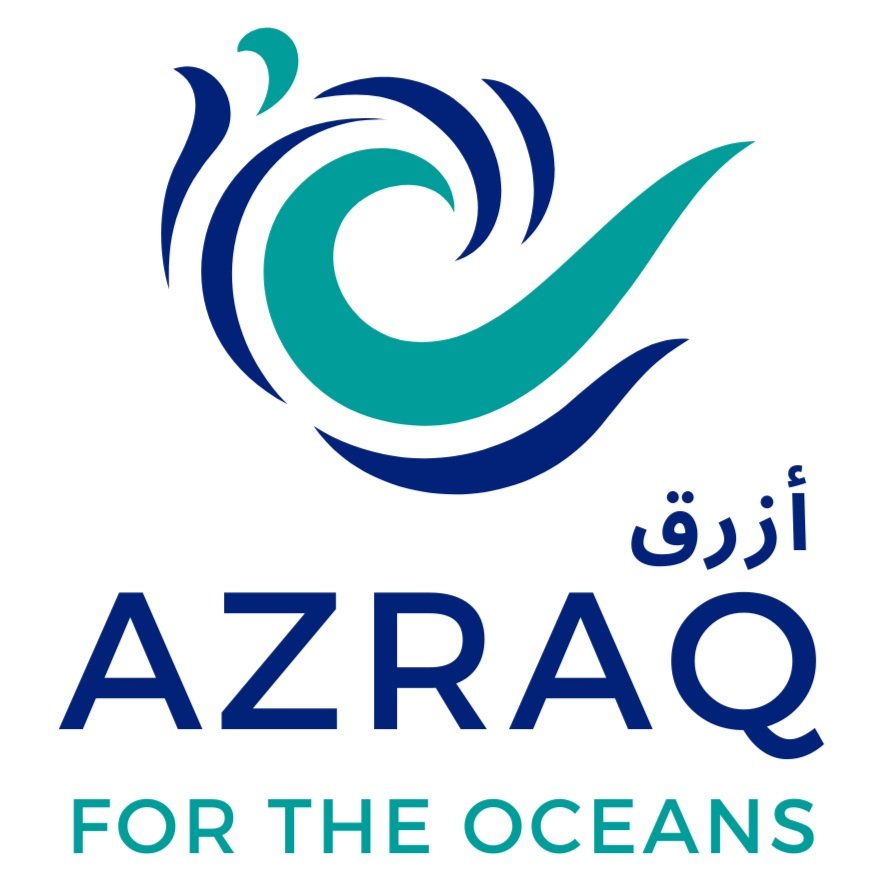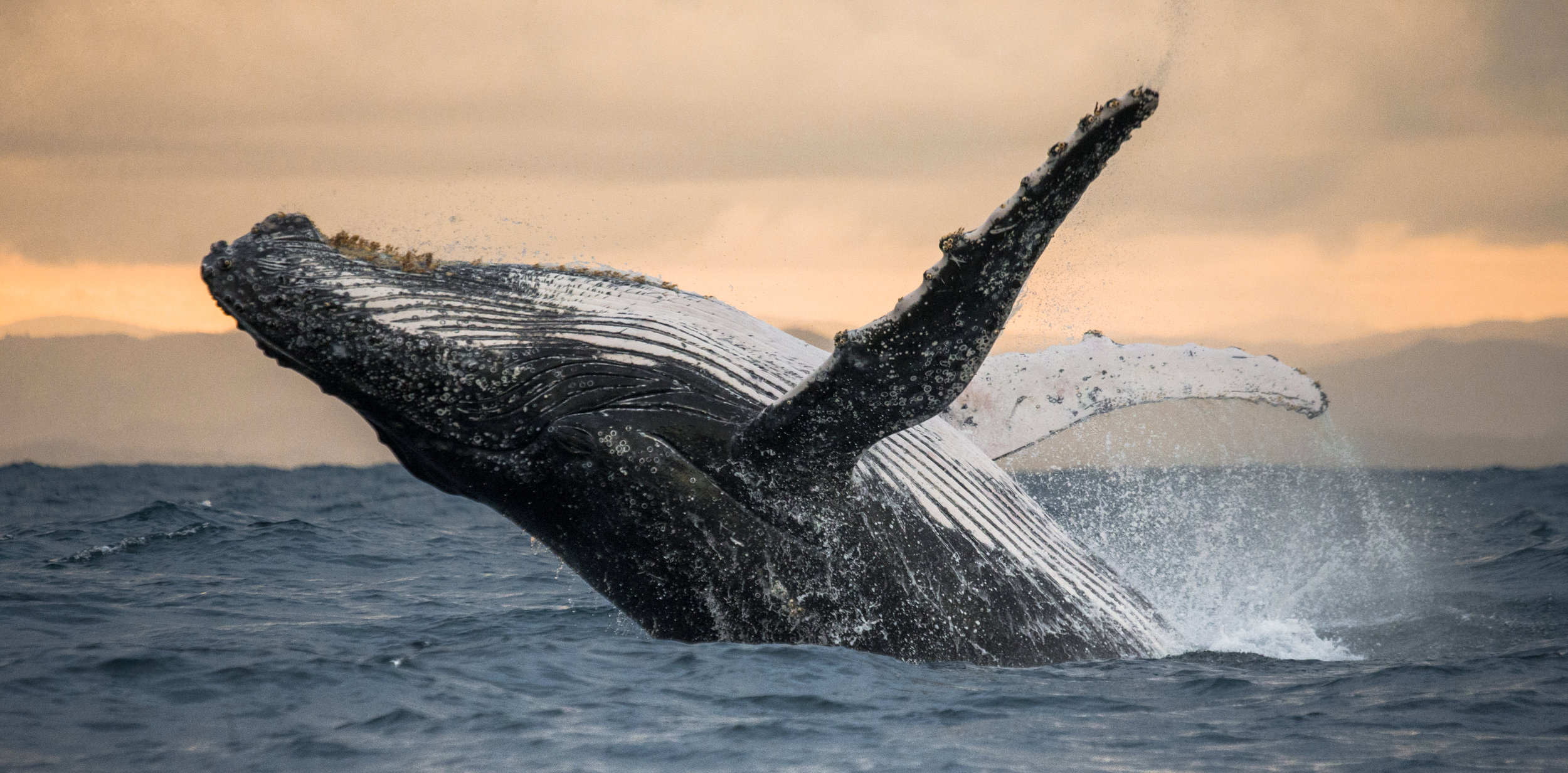The UAE's appetite for establishing sustainable goals that fight climate change has become insatiable in recent years. In 2022, the Emirates was ranked first in the Mena region and 11th globally in the 2022 Quality Infrastructure for Sustainable Development Index report issued by the UN Industrial Development Organisation (Unido).
Since being chosen as the host for Cop28, the country has taken further steps to find sustainable solutions that are accessible to all through various vital partnerships with UAE-based companies and partner governmental entities, one of which is the Rebound Plastic Exchange (RPE) programme.
It is a grim reality that plastic waste is responsible for the deaths of approximately 1.1 million marine creatures worldwide. This alarming fact begs the question of how the UAE's RPE programme can help to safeguard the region’s marine life.
To fully comprehend the impact of this programme, we need to delve deeper into the perils posed by plastic waste and the actions taken by the UAE to address this pressing issue. Studies have shown that a typical UAE resident uses 450 plastic water bottles on average in a year, which translates into a total of 4 billion plastic bottles used annually. Alarmingly, the ultimate destination for this waste is the ocean, causing a detrimental impact on marine life not just in the UAE, but across the entire Gulf. Last year, Dubai officials said that nine in 10 turtles found dead had plastic in their stomachs. The RPE programme was introduced partly in response to this alarming data.
The objective of the programme is to create a distinctive marketplace where recycled plastic materials can be bought and sold. By encouraging individuals and businesses to recycle their plastic waste, the programme aims to divert plastic from landfills and incineration while promoting the utilisation of recycled plastic in the manufacturing of new products. Through this initiative, the UAE seeks to establish an efficient and effective recycling system that will substantially reduce marine debris in the long term. And marine life conservation organisations play a role in reinforcing such programmes.
The UAE's appetite for establishing sustainable goals that fight climate change has become insatiable
The UAE is located at the convergence of several ocean currents, including the warm waters of the Arabian Gulf and the cooler waters of the Gulf of Oman. Additionally, the region is also influenced by the Indian Ocean monsoon system. These factors create complex circulation patterns that bring together floating debris from various sources, both local and international, thus posing significant threats to marine life such as damaging fragile coastal habitats, including coral reefs and seagrass meadows, and impacting biodiversity and the overall health of the marine ecosystem.
Alarmingly, accumulated marine debris has far-reaching economic consequences. The UAE is a popular tourist destination, famous for beaches and coastal attractions that are perfect for diving, and stockpiles of marine debris can have a detrimental impact on tourism, resulting in potential revenue losses within the hospitality sector.
Marine conservation organisations, in partnership with the UAE government are continuously employing paramount efforts to mitigate the environmental and economic consequences of marine debris, implementing proactive measures such as promoting responsible waste management practices, enhancing recycling systems, applying strict regulations on waste disposal methods and raising overall public awareness through various initiatives such as beach clean ups and educational workshops, to mention a few.
In 2022, our organisation, Azraq, managed to plant 1,116 mangrove saplings in an attempt to regenerate local areas. This aided in reducing the amount of carbon dioxide generated by 320 kilograms. Over the course of 102 days from the end of January to May, our members and volunteers managed to collect an impressive total of 174kg of marine debris. This averages out to approximately 12 kg per week, reflecting a significant amount of waste that would have otherwise posed a threat to the delicate marine ecosystems. Campaigns like this are needed to mobilise action, promote sustainable practices and advocate for policies that benefit the environment, economy and community. They also produce valuable data, guide sustainability initiatives and inform policymakers.
The UAE's RPE programme is a significant step toward protecting the environment and fostering a sustainable future. Through this initiative, the UAE aims to restore its marine ecosystem by establishing an efficient and effective recycling system. In the long term, it will help to reduce marine debris significantly.
Hopefully, other countries will replicate this programme to ensure that the entire Gulf region remains plastic-free. Safeguarding marine life requires collective action, and the UAE's initiatives serve as a shining example for the rest of the region to follow. By prioritising sustainability and nurturing partnerships between government, businesses and non-profit organisations, we can forge a path toward a cleaner, greener and more sustainable future.
Published: July 13, 2023, 9:00 AM
________________________________________
https://www.thenationalnews.com/opinion/comment/2023/07/13/how-the-uae-is-fighting-plastic-pollution-to-save-marine-life/

